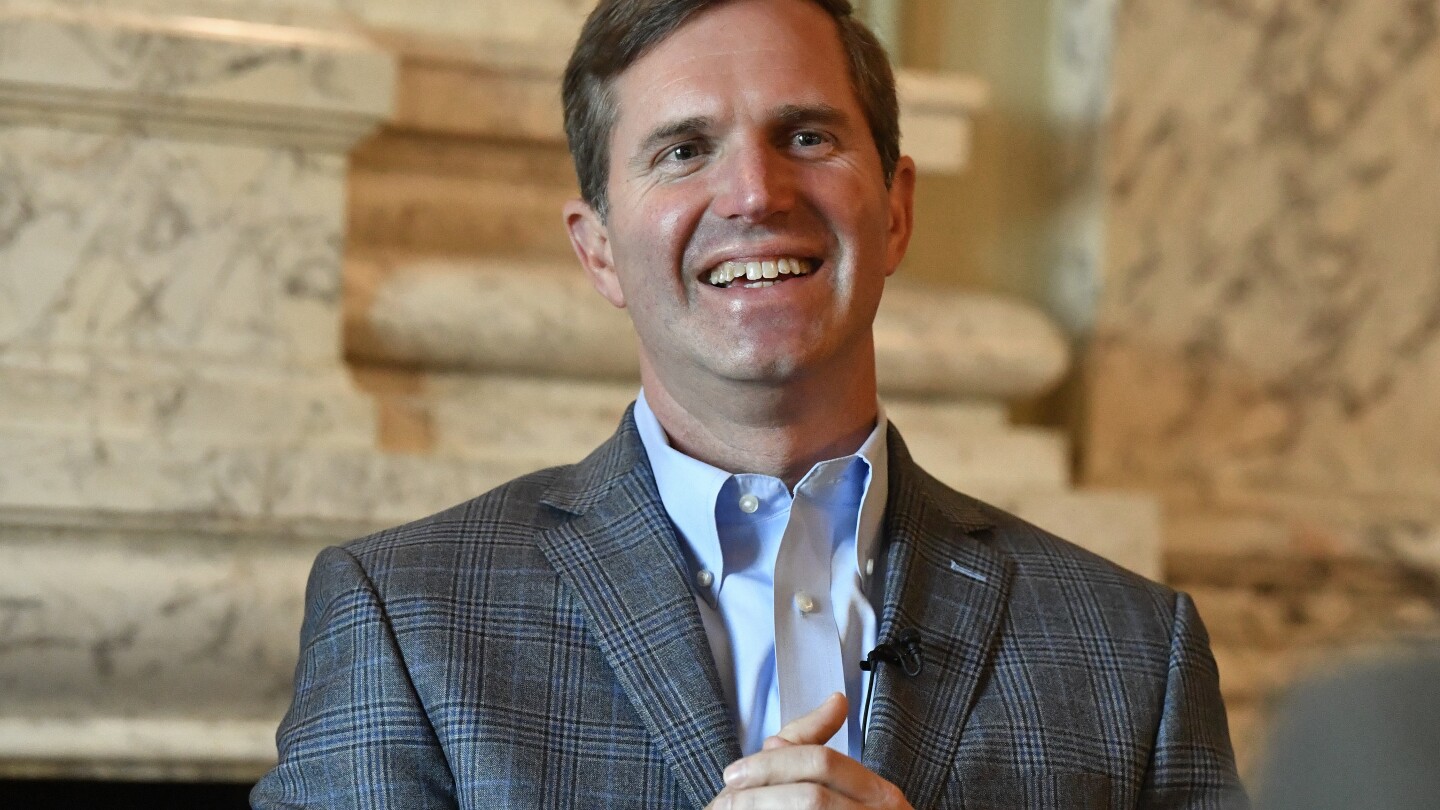Access to medical marijuana in Kentucky should expand to include a longer list of severe health conditions, Gov. Andy Beshear said Thursday in advocating a change that would make hundreds of thousands more people eligible for treatment when the program begins next year.
The measure passed by the GOP-led legislature in 2023 specified that the eligible conditions include cancer, multiple sclerosis, chronic pain, epilepsy, chronic nausea and post-traumatic stress disorder.
The Democratic governor said the law is based on “providing relief to Kentuckians with severe medical conditions” and should therefore be expanded. He said the list of qualifying conditions should grow to include ALS or Lou Gehrig’s disease, Parkinson’s disease, Chron’s disease, sickle cell anemia, cachexia or wasting syndrome, neuropathies, severe arthritis, hepatitis C, fibromyalgia, muscular dystrophy, Huntington’s disease, HIV, AIDS, glaucoma and terminal illness.



As the other poster said, it’s a step in the right direction. But it’s also important to keep in mind that he’s a Democrat governor in a pretty red state. He can’t exactly afford to be unilaterally making big moves like that.
If Matt Bevin or Daniel Cameron were governor we wouldn’t be making progress at all. Personally I’ve been very happy with Daddy Beshear’s governorship.
I used to think pre-Trump/reactionary right wing cultures wars, that legalization was only a question of when, not if. Idk now.
When a parent in middle America sees their child come home from deployment with severe PTSD, who stops using booze to numb their pain while marijiuana helps them function and sleep, that’s real change in their living room. Not only used by “dirty stoner hippies getting high” but their child, or their friend with chronic pain after battling opioid addiction, or grandma’s eyesight not destroyed by glaucoma - that moves people from entrenched dogma.
Im genuinely afraid that medical-with-cause-only becomes the finality, or that it’s so locked down it stays scheduled in some way forever, and the broader societal impacts of continued criminalization get ignored, and the damage continues in marginalized communities.